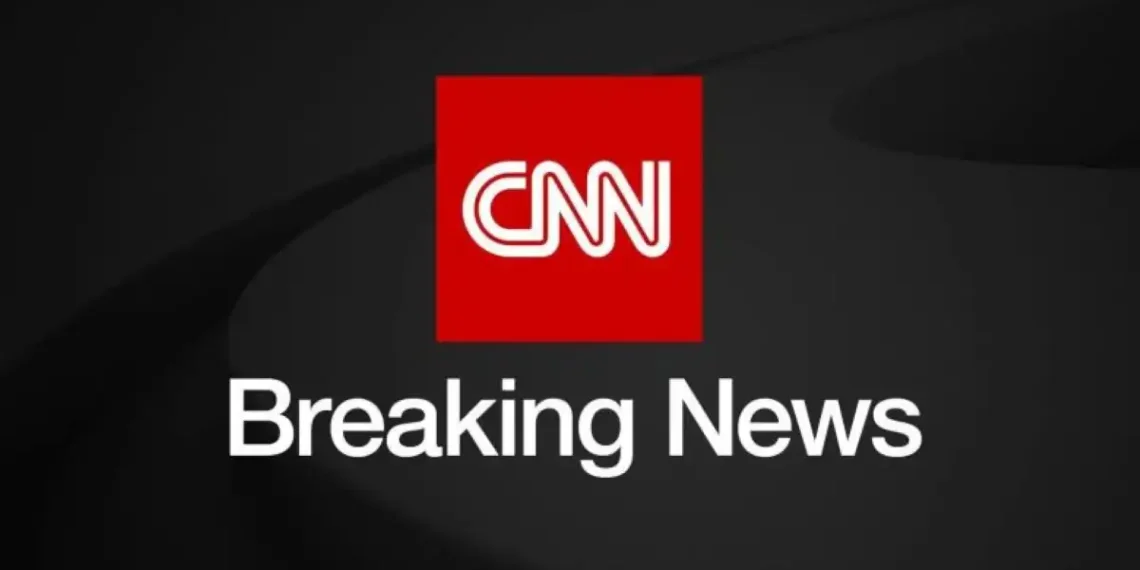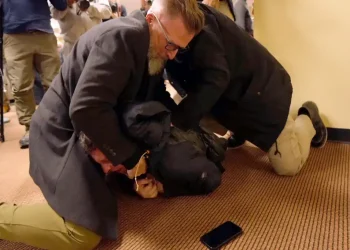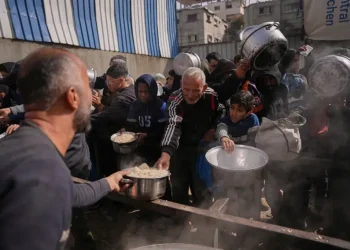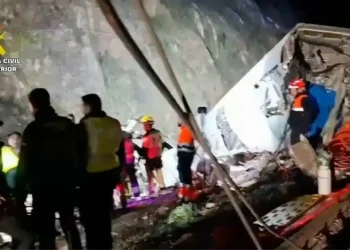Behind the Blasts: What’s Driving Israel’s Strike on Tehran
In the early hours of Friday, explosions echoed through Tehran. Residents reported loud booms and rising smoke over western and northeastern parts of the capital. Iran’s state media confirmed that air defense systems had been activated, as fears of further attacks gripped the city.
But while the airstrikes made global headlines, the deeper story stretches far beyond the flash of missiles in the sky. This latest escalation is the product of years of rising tension, nuclear brinkmanship, and regional rivalry that has now boiled over.
The Nuclear Flashpoint: Why Now?
The immediate spark came just 24 hours earlier, when the International Atomic Energy Agency (IAEA) issued a formal censure against Iran—its first in over two decades. The move followed months of Tehran stonewalling international inspectors and accelerating its nuclear program. In response, Iran vowed to expand its uranium enrichment capabilities and build a new underground site for advanced centrifuges.
For Israel, this was a clear red line.
Successive Israeli governments have insisted that Iran must never be allowed to obtain a nuclear weapon, framing it as an existential threat. Defense Minister Israel Katz described the airstrike as a “pre-emptive operation” and signaled that Israel expects retaliatory action from Iran—possibly involving drones or long-range missiles.
The Situation on the Ground
Inside Israel, the government has activated emergency protocols. Schools are closed in several regions, and a “special situation” has been declared nationwide. Defense systems remain on high alert amid warnings of a potential Iranian response overnight.
In Washington, officials confirmed that the United States was not involved in the operation. While the U.S. has been gradually reducing its regional military footprint, it has quietly pulled some diplomatic personnel and military families from nearby posts as a precaution.
Meanwhile, global markets reacted swiftly. Brent crude oil prices surged more than 5% on news of the attack, and U.S. stock futures tumbled—Dow futures fell by nearly 500 points in early trading.
Looking Ahead: Retaliation, Risks, and Regional Fallout
All eyes are now on Tehran’s next move. Iranian state television has confirmed that retaliatory plans are underway, with warnings that missile and drone strikes against Israeli territory could happen at any moment.
The ripple effect is already being felt across the region. Several Western governments have begun offering voluntary evacuations for their nationals, underscoring fears that the conflict could escalate well beyond a single exchange of fire.
Diplomatic efforts may also be in jeopardy. High-level nuclear talks were set to resume in Oman on Sunday, but the timing couldn’t be worse. With Tehran doubling down on enrichment and Israel demonstrating a willingness to strike first, the fragile path to dialogue is narrowing quickly.
Why This Moment Matters
This is more than a flare-up—it’s a moment of geopolitical inflection.
- For global markets, the volatility in oil and financial sectors may only be the beginning if the situation spirals.
- For regional security, this marks one of the most significant direct Israeli strikes on Iranian territory in over six months—raising questions about whether this is a warning shot or the beginning of a new campaign.
- For diplomacy, the strike complicates already-faltering efforts to bring Iran back into compliance with international nuclear norms, especially as the U.S. seeks to avoid getting dragged into another Middle East conflict.
The Bigger Picture
Friday’s strike is just the latest chapter in a long-running strategic rivalry between Israel and Iran—one that stretches across shadow wars, cyber sabotage, assassinations, and now open confrontation. It reflects a deep-seated mistrust, hardened by decades of conflicting interests and mutual hostility.
Whether this incident remains an isolated flare-up or becomes a broader conflict may hinge on what happens in the next 48 hours. If Iran retaliates, Israel is unlikely to back down—and regional actors from Lebanon to the Gulf could be pulled into the fray.
At Stake: Stability, Strategy, and the Path Forward
The coming days will test not only military readiness but also diplomatic resolve. With the U.S. attempting to walk a fine line—distancing itself from the strike while still backing Israel—the question is whether any actor has the leverage or will to stop this from escalating further.
In the end, what began as a pre-emptive strike could mark the start of something far more dangerous—or, if diplomacy holds, a final warning shot that forces both sides to the negotiating table.
This article was rewritten by JournosNews.com based on verified reporting from trusted sources. The content has been independently reviewed, fact-checked, and edited for accuracy, neutrality, tone, and global readability in accordance with Google News and AdSense standards.
All opinions, quotes, or statements from contributors, experts, or sourced organizations do not necessarily reflect the views of JournosNews.com. JournosNews.com maintains full editorial independence from any external funders, sponsors, or organizations.
Stay informed with JournosNews.com — your trusted source for verified global reporting and in-depth analysis. Follow us on Google News, BlueSky, and X for real-time updates.













